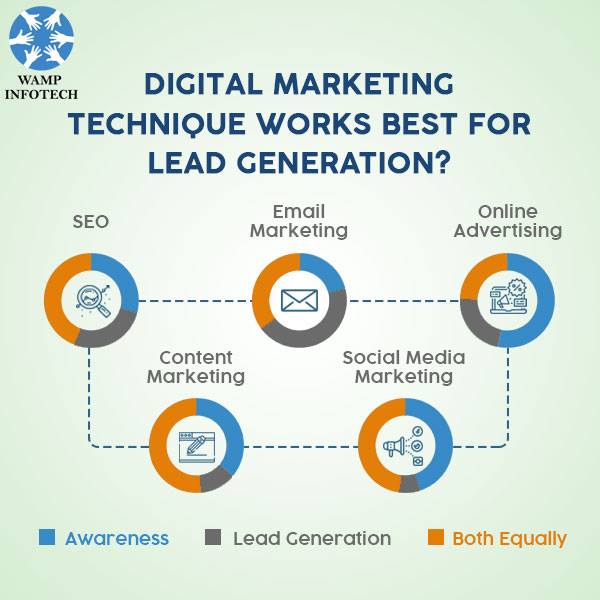Explore 7 effective ways to build fastest loading eCommerce Website
Do
you know that the loading time of your eCommerce website affects your business?
Slow running website (eCommerce/others) generally upsets users and badly
affects your site SEO. Surprised! If you are unaware of the fact and your
eCommerce portal has suffered due to the page loading speed then it is time to
work on the issue and resolve it from the back to front. The slow loading time
of the website causes the rank as well as mitigates the chances of earning
revenue.
Today,
eCommerce sites have been improved with the speed of the internet as well as
with the blessing of UI & UX eCommerce website design.
Tricks to Improve
Loading Time of Ecommerce Site/Portal
Though,
the story does not end here. eCommerce sites are many that face page loading
issues, poor conversion rates, and maximum bounce rate in-spite of having
user-friendly designs. If your online retail business is suffering from the
same reason and you want to overcome the issues then this piece of article will
help you certainly. It is time to know how to increase the page loading time of
your eCommerce website with the maximum revenue in a short time. Let us find
out the ways, better to say the tricks to improve the loading time of your
eCommerce portal.
- Improve and Check Existing Hosting Plan: The hosting plan of your eCommerce portal creates a great impact on the uploading time. if you are using shared server hosting then it is time to shift into the VPS or virtual private server or dedicated server hosting plan for better speed and visibility.
- Use SEO Friendly Website Design: Always hire a website design company that knows how to design an eCommerce site keeping the importance of SEO. When the eCommerce website design is SEO friendly, it has the potency rank top and loads faster.
- Optimize Images: It is always necessary to maintain the quality and size of images to speed up the loading time of your eCommerce portal. You can delete unnecessary images or reduce the size of photos to improve the website’s loading time.
- Cut off Unnecessary Plugins: If your site is full of unnecessary plugins that you do not use then it is time to stop the plugins to increase the page loading time of the eCommerce portal.
- Reduce RTT: To reduce the RTT or round trip time combine the JavaScript files to access the server. It creates one request via browser and your eCommerce website design will load faster.
- Count On In-Memory Technology: Depending on the usage of in-memory technologies instead of a large database reduces the page loading time of the eCommerce website. This technology depends on RAM on the server and gives 10 times better lading speed to the website.
- Evade Redirects: It is better to reduce the usage of redirects when your users are known to your new sites and visit without accessing old links.
Lastly,
you should keep checking the site’s speed to monitor the speed of your
eCommerce portal frequently. It will help you to resolve page loading issues
immediately if it arises any. You can use free tools to measure the speed of
the site.
If anyone wants to learn an E-Commerce marketing course, join the Digital Marketing Training Institute in Delhi.



Nice article, thanks for sharing with us Android Bulk SMS Sender.
ReplyDelete